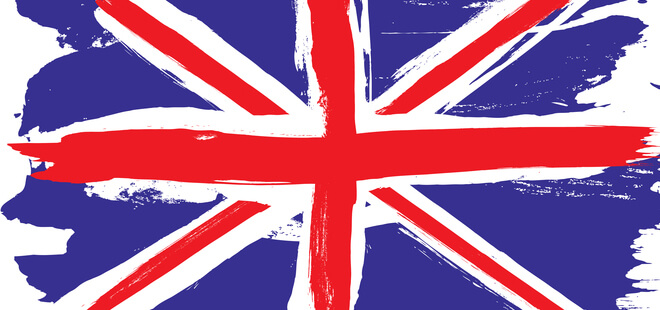Why .uk and Other New Domain Extensions are so Important
Sometimes it’s the saving of three keystrokes and other times, a matter of national pride. The launching of the domain extension, “.uk,” officially available June 10th, joins some other new extension changes, to make for interesting possibilities.
Naturally, citizens of the United Kingdom were thrilled at the news their nation would join others in dropping the obnoxious “.co” before the country code (users in the UK used domainname.co.uk) while neighbors in France have had the “.fr” for quite some time, as have other European countries.
Image ©Nominet
Is a Country Code TLD Necessary?
Hailed as a “milestone” in web evolution, The Telegraph writer, Sophie Curtis, in her article, Dot-UK launch: why do we need new domain names? lays out how this came to be and what the future of “.uk” and other TLDs:
From a practical point of view, new domain names create more space on the web. Before this whole process began, there were only 22 so-called generic top-level domains (gTLDs), including well-known ones such as .com, .net and .org.
There were also around 250 country-code top-level domains, such as .de (Germany), .fr (France) and .jp (Japan). However, most of these could only be used by organizations based in the country they pertained to. The number of web addresses was therefore limited by the number of available top-level domains.
In February 2014, the Internet Corporation for Assigned Names and Numbers (ICANN), which manages the domain name system, began releasing a raft of new web address endings – over 1,000 in total. These included suffixes made up of non-Latin characters, such as Cyrillic, Arabic and Chinese, representing an effort to create a more international, globally-inclusive web.
The result has been a massive increase in the number of possible web addresses available to any one individual or organization. For example, a company that sells beauty products may forego the .com domain in favor of .boutique, and an online dating site might opt for .singles rather than .net.
Indeed, the web has become a crowded place, and like the shock of New York City outer borough telephone customers that lost their 212 exchange numbers, only to be replaced with 718. The addition of mobile phones strained available number even more.
RELATED: When Do You Need Manged Web Hosting?
Several of the pages from the domain registration website, agreatplacetobe.uk. “Shorter is Sweeter” is the tagline for the new .uk extension.
According to Smashingmagazine.com, in their article, Get Creative With Your Domain Name, they list the problems with finding an appropriate dot-com domain:
Fun facts about domain names:
- All 3 letter possibilities are gone on .com
- All 4 letter words are depleted on .com
- The most popular registered domain name length is 11 characters
- There are 255,000+ domain names that are 32 characters or longer
- All of the top 10,000 family names are registered as a domain name
- The most common letter to start a domain with is S
Other New Domain Extensions
These are just some of the new, targeted domain extensions. ©ICANN
As Ms. Curtis writes, new domain extensions will offer specific extensions that will help the SEO of businesses. What she didn’t mention is how the new extensions are allowing people to be very creative with their domain names. The obvious uses for “.us,” “.me” or “.is” may have been registered, i.e., “buyfrom.us,” “buyfrom.me” and “Buyth.is,” unless you act quick.ly!
RELATED: Domain Names for Your Small Business
Still, there are millions of possibilities left. With the new UK extension, one could name their domain, “runam.uk.” (Malaysian spelling). With the new extensions below, the need to register cornerofficedesign.com (which was probably registered in 1992) can now be corneroffice.design. The shorter the domain name, the more memorable your URL will be!
More Available New Specialty Domain Extensions
.app .inc .home .art .blog .llc .shop .book .design .music .movie .web .store .hotel .love .ltd .cloud .mail .news .xyz
Top image ©GL Stock Images




